In public markets, individuals are granted the freedom to buy and sell a variety of animals such as cows, pigs, goats, horses, donkeys, mules, and chickens, each within its designated section of the market. The process for selling an animal involves the seller bringing the animal to its respective section, where they may tie it to a post or stand with it while negotiating prices with potential buyers.
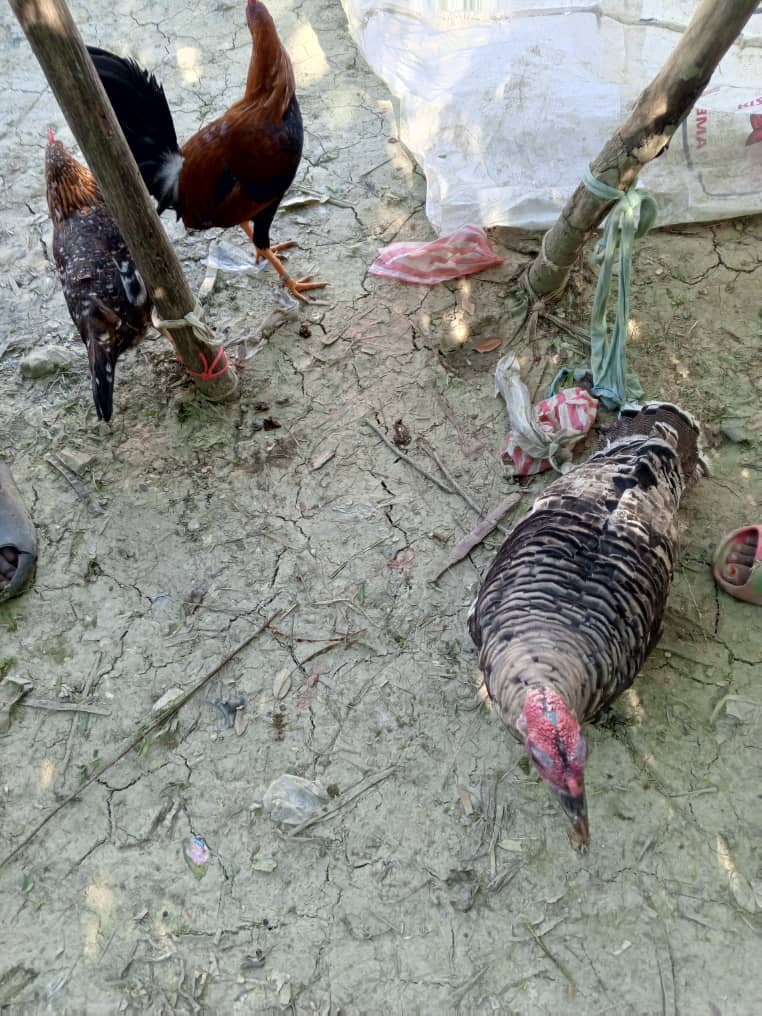
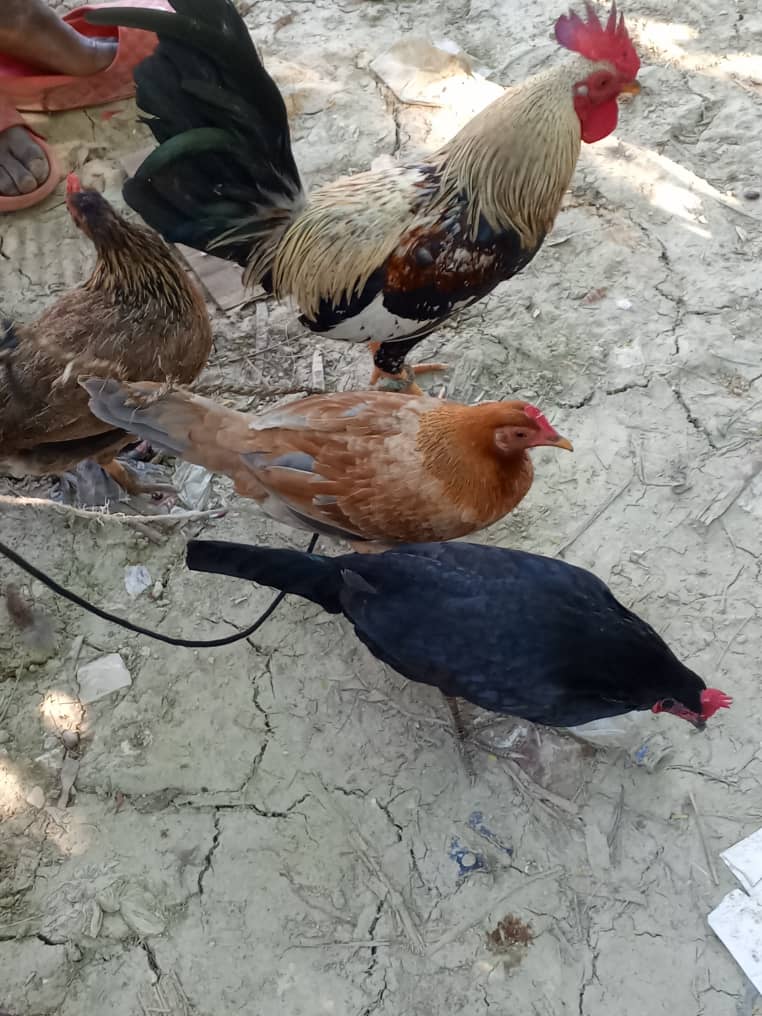
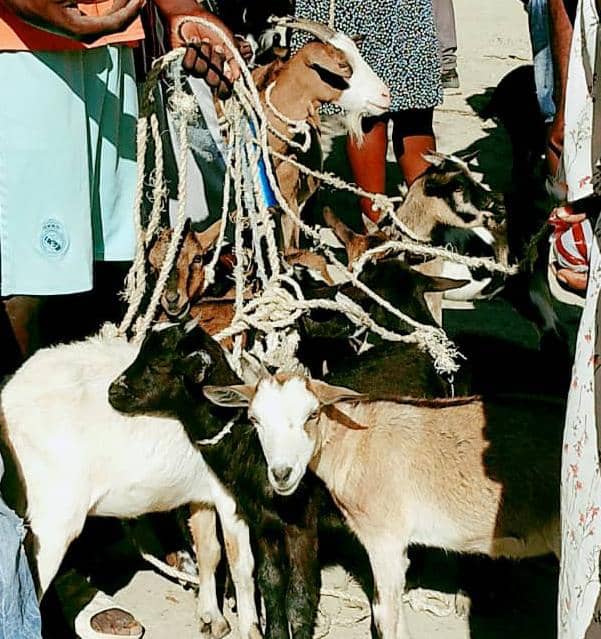
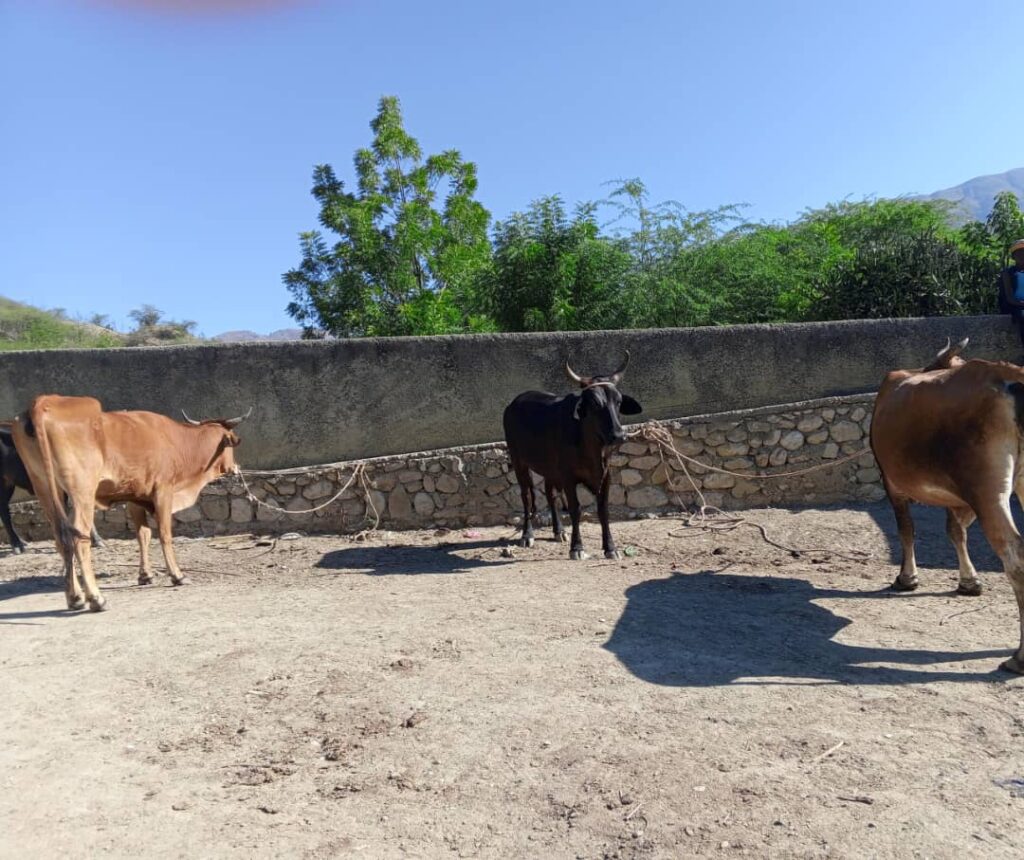
Upon agreeing on a price, the transaction is finalized at a specific location within the section, typically a small table managed by a market official. Here, the seller must present proof of ownership, or in the case of a newly born animal, documentation pertaining to its mother. The payment is made and verified in the presence of all parties, and the market official issues a new document signifying the change of ownership to the buyer.
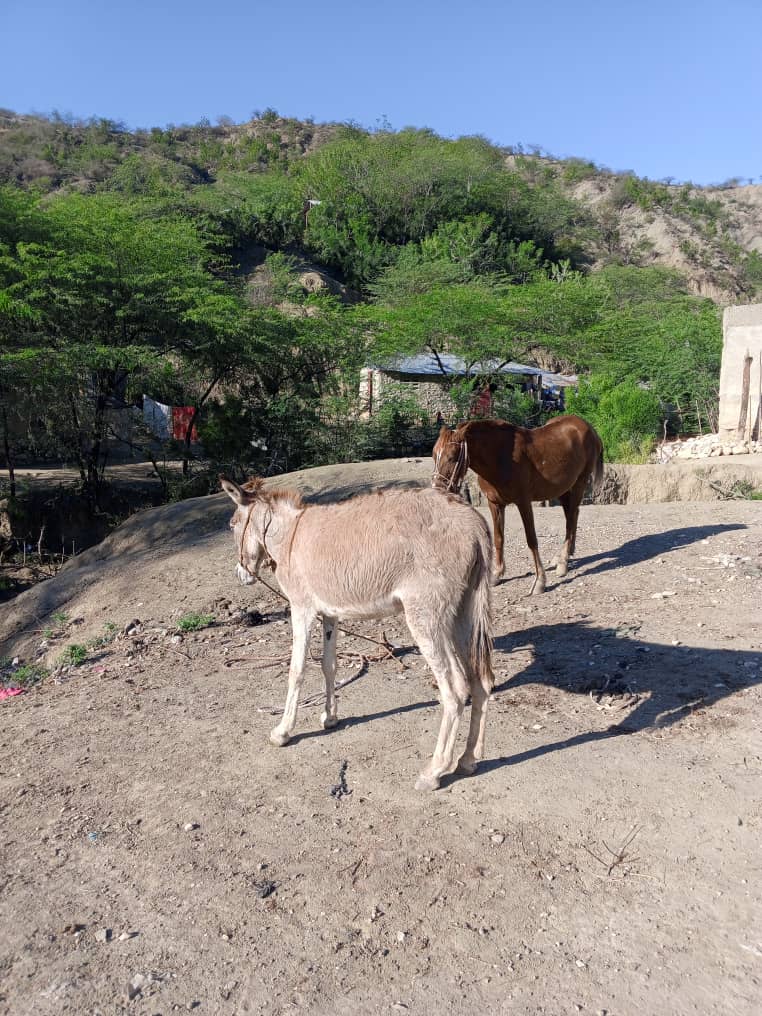
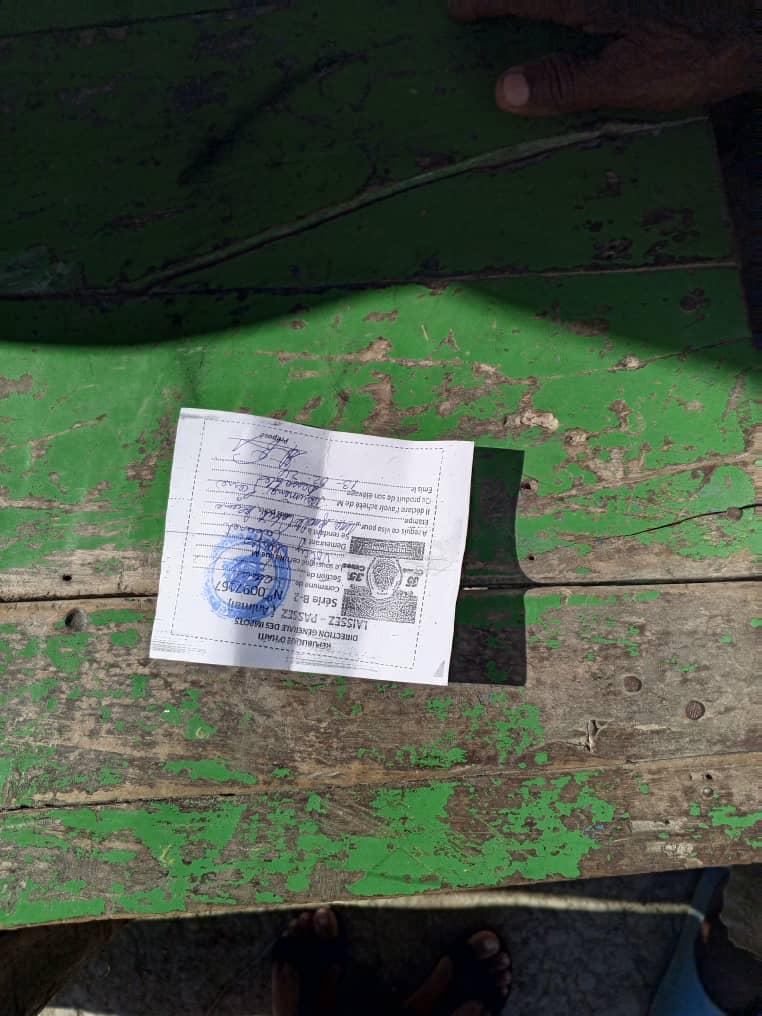
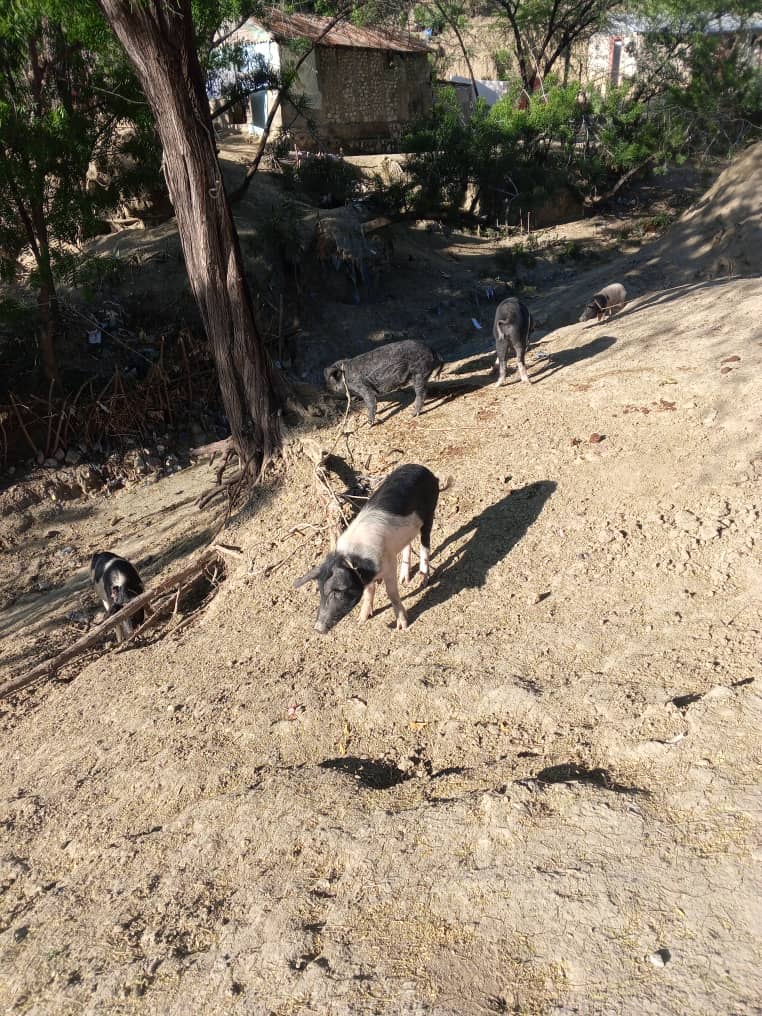
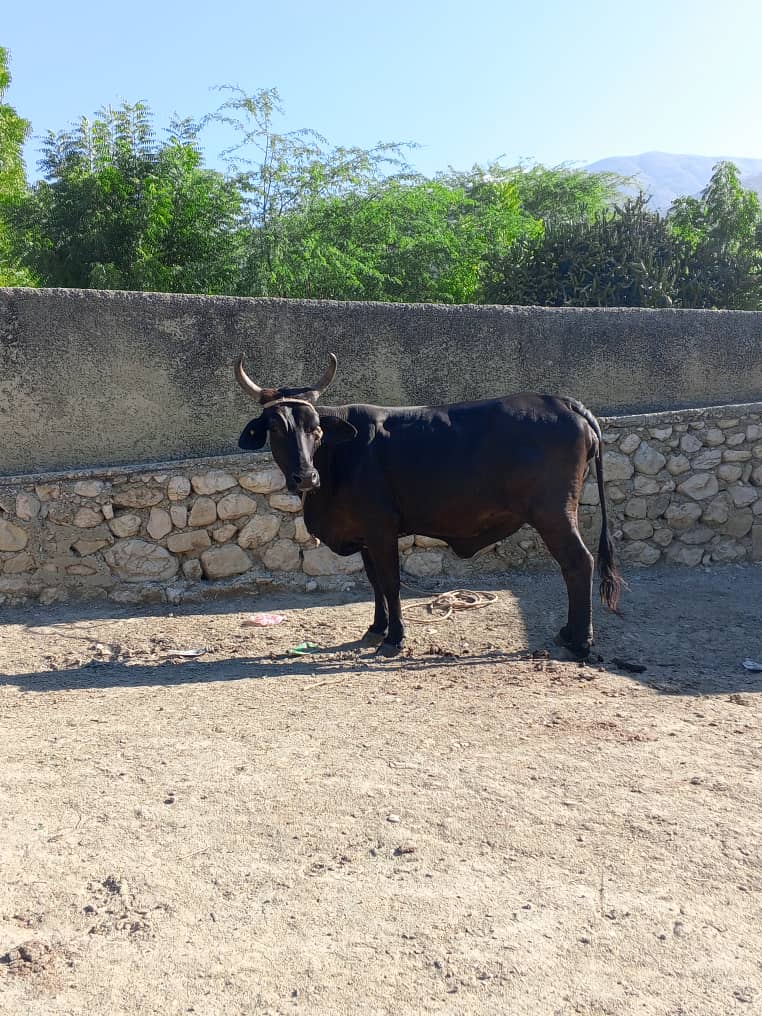
After the sale, the seller is required to obtain a small write document that permits the buyer to transport the animal anywhere within the country. This document is crucial as it offers protection against claims of theft; should anyone later contend the animal was stolen, this document validates the legality of the transaction and the transfer of ownership. If a dispute arises, both the buyer and the claimant are obligated to reach a resolution in the presence of a judicial authority. This ensures the buyer’s rights are safeguarded, confirming the legality of their purchase based on the official documentation provided by the market. Through this structured and legal framework, public markets facilitate secure and fair transactions, allowing participants to conduct business with confidence and legal security.

